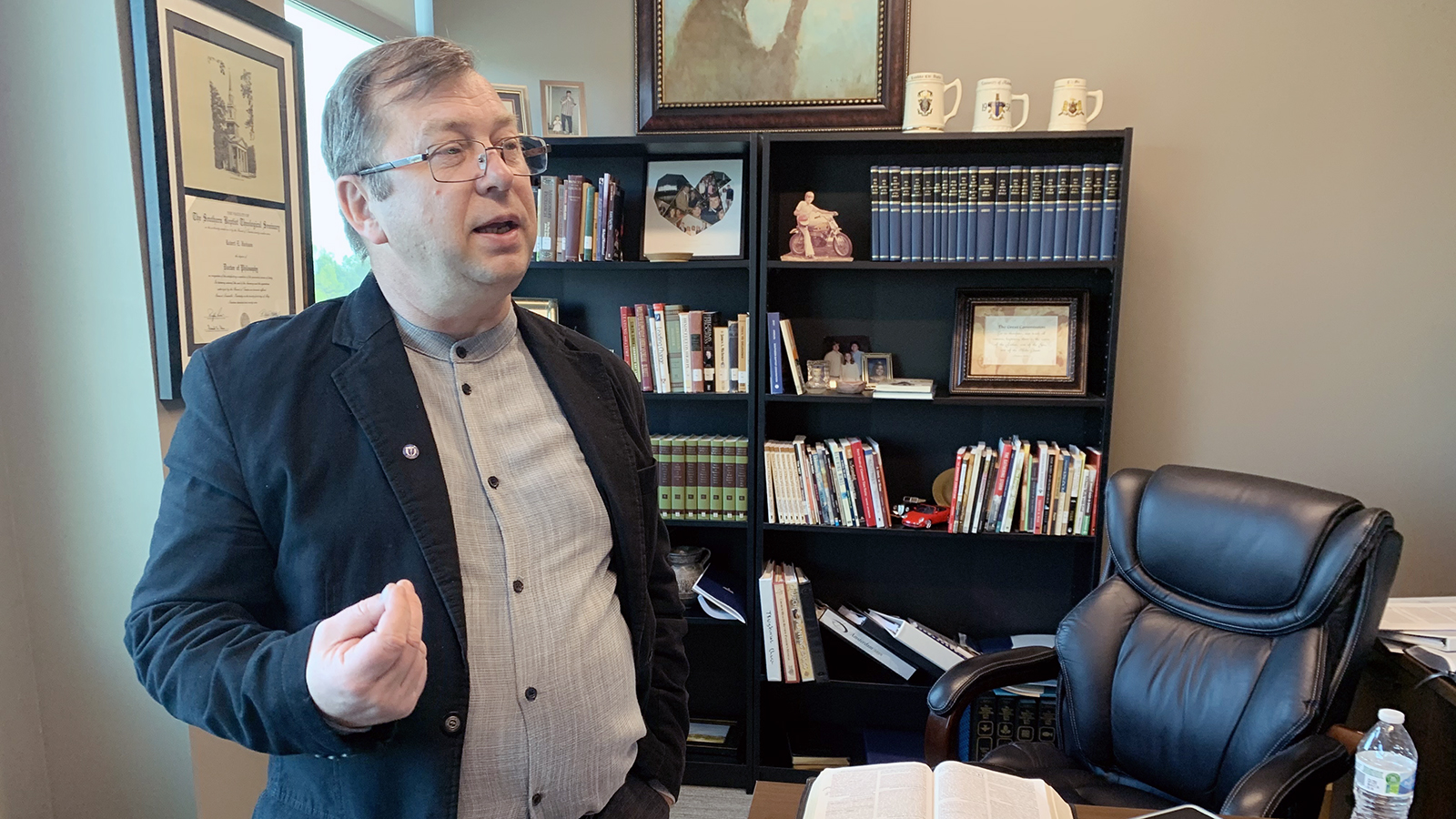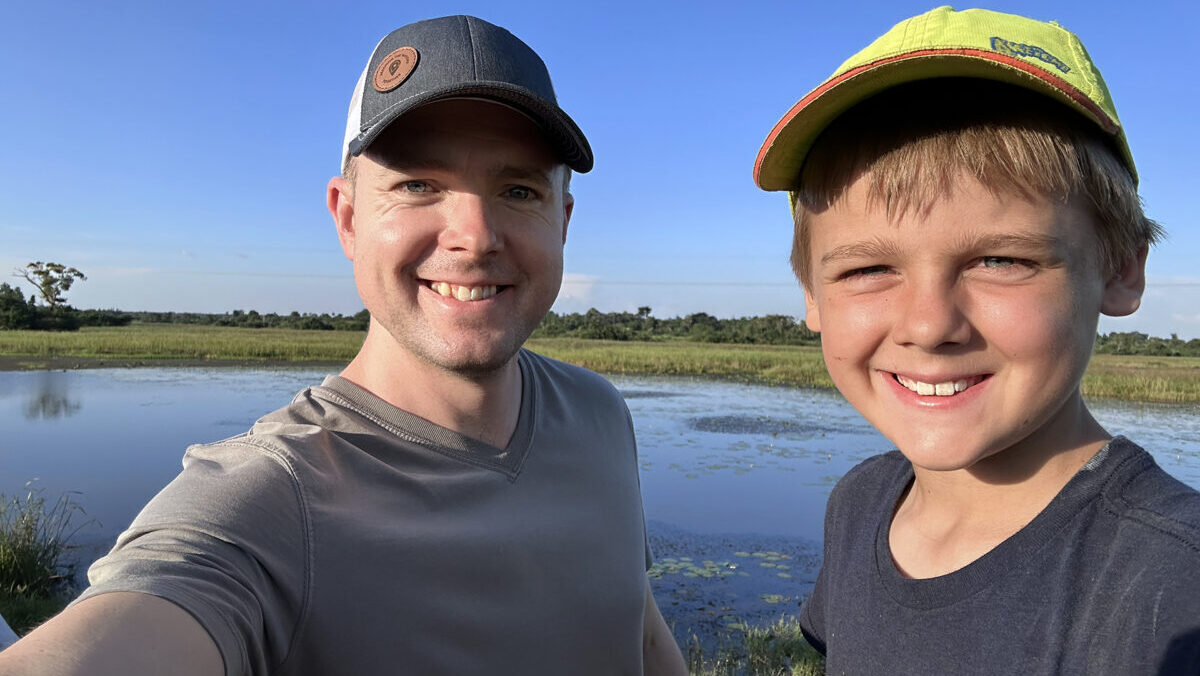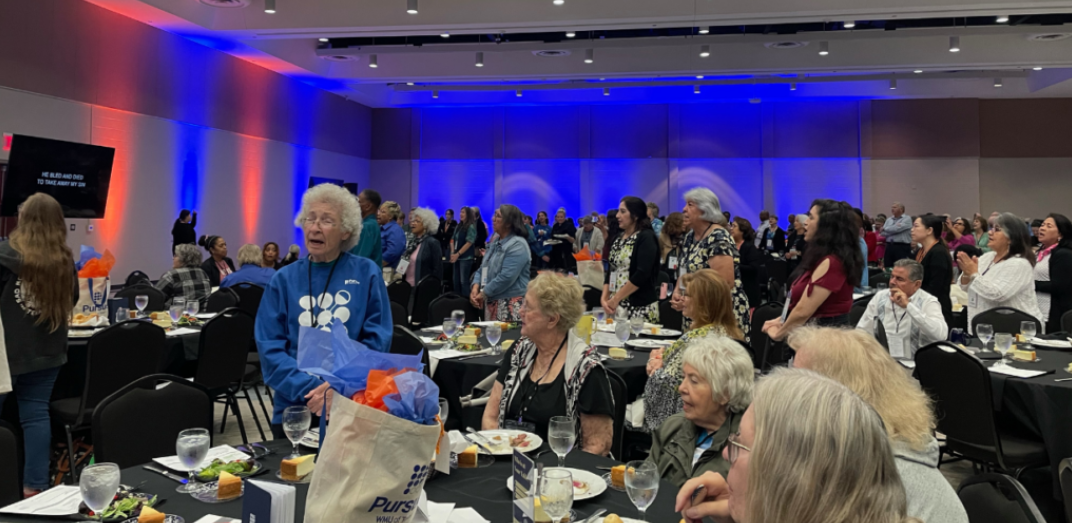Ever wonder how pastors should lead in times of war, especially when the pastors are serving those directly impacted by the war?
Consider these four ways (which are developed from the current efforts by Baptists in Romania to assist Ukrainian refugees):
1. Share love without prejudice.
After the Second World War, Romania lost territories on the border with the Soviet Union, in the east and the north. They became part of the Soviet empire. After 1990, these territories now form the Republic of Moldova and Transnistria, and some are in Ukraine. Moreover, during the Soviet occupation (1944–1958), Russian and Ukrainian soldiers devastated Romanian cities and villages, abusing our women and killing civilians. Throughout the years, there have been ill feelings between Ukrainians and Romanians.
At the end of February, when the bombs began to drop on Ukraine, some of the refugees were skeptical about how they would be treated when they crossed into Romania. How did evangelicals respond? We wait for these “guests” at the border crossings with open arms.
In the name of Jesus, we provide food, water, accommodations in our homes, churches, and so forth. Designated church members transport “guests” to the train station, airport or embassy. In other words, we are showing love to people that only a few months ago we didn’t like very much. Christ is giving us a newfound love for our neighbor. If you are going to lead your people in times of war, you need to share love all around you without prejudice.
The Bible teaches, “if your enemy is hungry, feed him … .” We must not be overcome by evil, but overcome evil with good” (Rom. 12:20–21). Christian love is stronger than hatred. Show love in action to those around you. This means reaching out to people in love without prejudice.
2. Value people more than planning and projects.
War takes us out of our work routine, which can frustrate some ministers and some churches. Scheduled meetings are changed, some projects are postponed, and priorities are reversed. These days, pastors in Romania and Moldova are extremely busy leading the church in serving those in need. Many church members have jobs and cannot be involved in the work with guests from Ukraine during the day.
Our churches do not have a large staff (often only a pastor). In this situation where there are many needs, pastors must take the lead in the relief effort. For example, some of our Baptist pastors drive one to two days without stopping, to bring supplies and help those in Moldova and Ukraine.
Our programs no longer seem important. Our projects have been placed on the back burner. War has changed everything. Loving people in the name of Jesus Christ is of uttermost importance.
Perhaps my brothers who are leading churches in times of peace need to re-evaluate their priorities. Are our churches placing programs above our calling to serve? Are we willing to put aside our position to serve Jesus as a slave?
3. Look more at the needs of others than at your own.
The reaction of the churches and ministers in Romania is not to seek help across the ocean or elsewhere but to think about what they can give. Romania is among the poorest countries in the European Union. From November 2021 to February 2022, our churches were concerned about how we could pay the heat bills that have increased between 100% and 200%.
What are we going to do? We will use the money we saved for our utilities to help in this time of need. We will sacrifice ourselves because the Ukrainians have nothing left. What a small sacrifice compared with their suffering!
I am encouraged as I see revival in the Romanian church. Believers are willing to make enormous sacrifices. As Paul says, they did not look to their interests but to those of others (Phil. 2:4). Serving means sacrifice. Lead your church to be a sacrificial church for the glory of Christ.
4. Keep the gospel central at all times and in all situations.
Even though the work of helping those in need often seems overwhelming, we must always remember we are serving because of the gospel. We are motivated to serve because of the love we have received from the gospel.
We are united with some Ukrainians because they also believe in the gospel. We are compelled to share the gospel because some Ukrainians are not saved. The church where I serve on the pastoral team (Bethany Church in Bucharest — the first Baptist church in Romania) will host a service in Russian every Sunday afternoon for all evangelical Ukrainians and their friends. In the midst of difficulties, we do not forget the gospel. The gospel must remain central to any ministry.
Please remember us in your prayers as we lead in times of war. And, I pray that you will prepare your church with a war-time mentality.
Editor’s Note — Daniel Fodorean is the European strategist with Romanian-American Mission and academic dean at Baptist Theological Institute of Bucharest, Romania. He is helping coordinate care for refugees coming into Romania and Moldova and is partnering with Baptists in Poland, Ukraine and throughout Europe. Hear more from Fodorean on this week’s Amplify podcast from TAB Media Group, which also produces The Baptist Paper.








